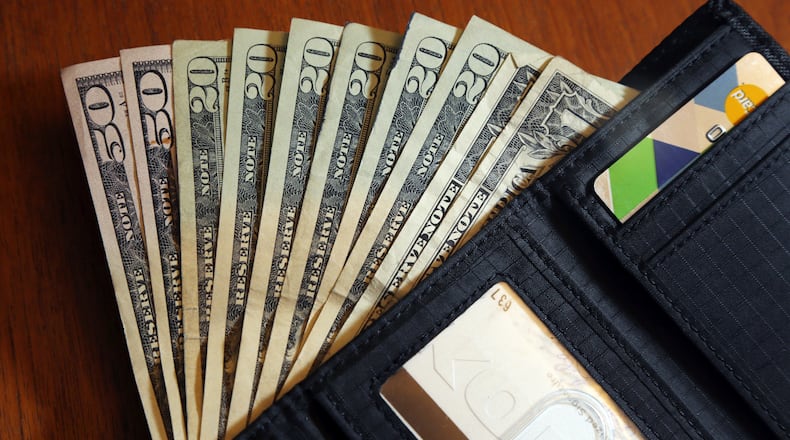That’s what a Clark Howard podcast listener recently asked.
Asked Peter in Maryland: “I would like to get your opinion on Donor-Advised Funds (DAFs). My retirement advisor recently recommended them to me as a way to reduce my long-term capital gains tax on shares of appreciated stock.”
“I typically contribute around $20,000 a year to my church and other local charities and I currently have more than $100,000 in unrealized gains in my Schwab brokerage account.”
“I see that there are fees associated with DAFs, but the fees are small compared to the 15% long-term capital gains tax savings. It seems like a no-brainer to me. In this case or in general, are there any reasons not to use a DAF for charitable contributions?”
A donor-advised fund involves a third-party administrator that manages charitable donations on your behalf. They offer huge tax advantages and allow you to donate tax-deductible investments to charities.
“I love donor-advised funds if you do them in the right places,” Clark says. “You donate the stock or fund to the Schwab charitable fund. Then you have an account established there. We’ll call it ‘Peter the Generous Fund’.”
“And then you can recommend who you want to donate money to. In your case your church. And they validate that it’s a valid charitable organization. And then they accept your recommendation and send a check to it from you.”
About the Author
